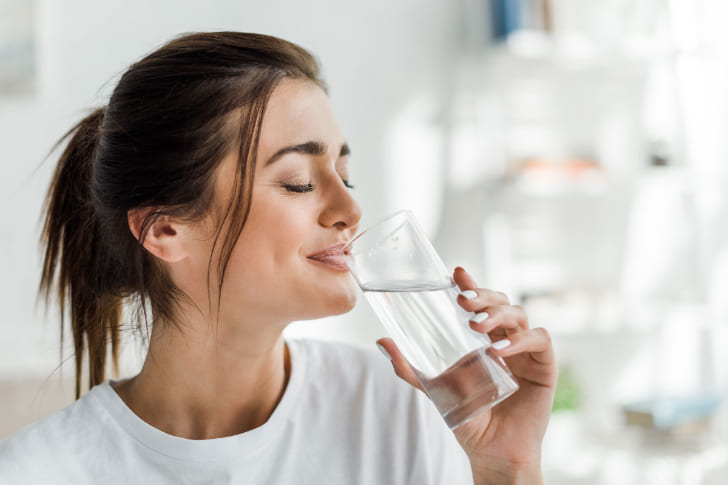All life on Earth, including humans, depends on water, the elixir of life. Hydration is essential to health, but many individuals underestimate its value. This article explores the science of hydration, including the benefits of drinking enough water, the signs and symptoms of dehydration, and ways to stay hydrated.
The Body Needs Water: Water is essential for many physiological processes, acting as a solvent, transport medium, and temperature and metabolic regulator. Water supports general health in several ways:
Cellular Function: Water helps cells carry nutrients, remove waste, and communicate to maintain homeostasis.
Sweating and vasodilation assist the body regulate body temperature by dissipating heat.
Digestion and Nutrient Absorption: Water helps digestion, nutrient absorption, and waste disposal.
Water lubricates joints and cartilage, reducing friction and cushioning impact for joint health and movement.

Electrolyte Balance: Water distributes ions like sodium, potassium, and chloride for neuron function, muscular contraction, and fluid balance.
Health and Wellness Benefits of Hydration:
Hydration improves nearly every element of physical and mental health. Some evidence-based benefits of proper hydration:
Better Physical Performance: Hydration is crucial for optimal exercise capacity and performance. Fatigue, diminished endurance, and cognitive impairment from dehydration can hamper athletic performance and recuperation.
Cognitive function, attention, and memory can be impaired by dehydration, reducing mental clarity and attentiveness. Maintaining cognitive performance and productivity requires proper hydration.
Drinking enough water promotes regular bowel movements, prevents constipation, and aids nutrient absorption in the gastrointestinal tract.
Kidney Function: Adequate hydration helps the kidneys eliminate toxins, waste, and excess chemicals through urine. Kidney stones, UTIs, and kidney damage can result from chronic dehydration.
Skin Health: Hydration maintains skin suppleness, wetness, and resilience. Dehydration causes skin dryness, dullness, and premature aging, while adequate water consumption maintains a healthy, bright complexion.
Signs and Effects of Dehydration:
Electrolyte abnormalities and physiological disturbances result from dehydration. Slight dehydration can cause thirst, dry mouth, weariness, and headache, while severe dehydration can cause dizziness, rapid heartbeat, confusion, and heatstroke.
Chronic dehydration increases the risk of kidney stones, UTIs, constipation, and heat-related diseases. Maintaining proper hydration levels is crucial for overall health and well-being since dehydration can worsen hypertension, diabetes, and gastrointestinal ailments.
Practical Hydration Tips:
Simple hydration optimization. Simple yet effective measures might help you stay hydrated throughout the day. Practical strategies for good hydration:
Drink Plenty of Water: Drink 8-10 cups (approximately 2-2.5 liters) of water every day, or more if you’re active, live in a hot area, or are pregnant or breastfeeding.
Listen to Your Body: Listen to your body and drink water when thirsty. Thirst is a reliable sign of dehydration.
Check Urine Color: Check your urine color to quickly assess hydration. Dark yellow or amber urine may suggest dehydration, while pale yellow or clear urine indicates hydration.
Eat Water-Rich Foods: Hydrate by eating fruits and vegetables including watermelon, oranges, berries, cucumbers, tomatoes, and lettuce.
Bring a Water Bottle: Use a reusable water container to remind yourself to drink water throughout the day. Drinking water slowly throughout the day is better than trying to “catch up” on hydration.
Water is essential for health and energy, not just a fundamental necessity. Hydration and practical techniques to maintain appropriate fluid balance can improve health, physical performance, and cognition. Hydration is a simple but effective approach to nurture your body, mind, and spirit, helping you thrive in all parts of life.











